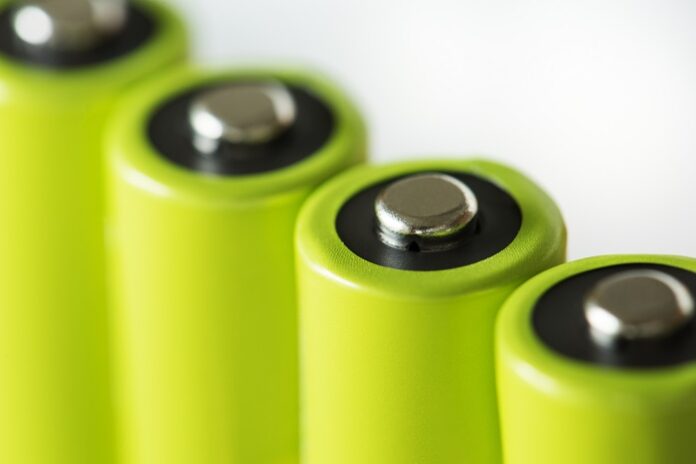The development arc of power tools, transitioning from manually operated mechanisms to cutting-edge electric marvels, is quite staggering. One element that has been integral to this dynamic shift is the rapid progress in battery technologies. Serving as the crucial nerve center for cordless tools, these energy repositories define a tool’s efficacy, practicality, and resilience. In this comprehensive analysis, we’ll spotlight Lithium-Ion batteries and unpack their game-changing influence on the landscape of powered equipment.
The Rise of Lithium-Ion Batteries
Born in the ’70s, Lithium-Ion batteries revolutionized the field of electronics almost immediately. With key contributions from innovators like John Goodenough, Rachid Yazami, and Akira Yoshino, these power units boasted a higher density of energy. A key attribute for devices that need long-lasting power. When compared to their older counterparts like Nickel-Cadmium (NiCd) batteries, the advantages were evident. Lithium-Ions were more compact, suffered less from ‘memory effect,’ and offered a far superior power-to-weight ratio. Soon enough, these energy reservoirs expanded their influence beyond consumer gadgets and became pivotal in the burgeoning electric vehicle market. Their widespread applicability and technologically advanced features have crowned Lithium-Ion batteries as the industry’s benchmark.
Real-Life Applications
- General Public Electronics
Lithium-ion batteries revolutionized consumer electronics. Mobile phones, PCs, tablets, and wearable gadgets need these batteries. These batteries’ faster and more efficient recharge has enhanced user experience.
- Electric vehicle
Lithium-ion batteries have proved crucial to the transportation industry’s shift towards electric automobiles in recent years. The high energy density of lithium-ion batteries allows electric vehicles (EVs) to go further on a single charge. Research is underway to increase energy storage capacity and cut costs.
- Renewable Energy Storage
Lithium-ion batteries are crucial for storing renewable energy from solar panels and wind turbines. These batteries can store surplus energy during peak output and release it when needed, maintaining a balanced grid and reducing fossil fuel use.
- Space travel
The aerospace industry uses lithium-ion batteries in spacecraft and satellites because they are lightweight and energy-dense. Space exploration’s myriad systems and equipment need these batteries.
Benefits and Advantages
The advantages of Lithium-Ion batteries quickly captivated both manufacturers and end-users. Notably, their lengthy operational life ensures they withstand countless charging cycles with minimal loss in their capacity to hold energy. Additionally, their rapid charging capabilities reduce idle time for power tools, something that antiquated energy storage solutions couldn’t achieve. On the ecological front, Lithium-Ion batteries excel by being free of harmful substances like cadmium, thus posing a lower environmental risk when recycled appropriately. These batteries have extended their utility to the renewable energy space, efficiently storing energy harvested from wind and solar sources. Their multifaceted applications and user-friendly design attest to their pivotal role in technological advancements.
Safety and Maintenance
Despite their many merits, it’s essential to treat Lithium-Ion batteries with caution to maximize their performance and to prevent safety risks. Issues such as overcharging, damaging, or overheating can result in serious problems. As a precautionary measure, it’s wise to charge them using devices that are specially constructed for this battery type and to store them in cool, dry environments away from sunlight.
Similarly, their unique chemical structure necessitates specific disposal procedures. Tossing them into a regular waste bin is a bad idea. Instead, one should seek out certified recycling programs or specialized disposal points to make certain they are recycled in an environmentally responsible way.
Branching out to consider broader implications of digital safety and maintenance, it’s worth noting that the quest for more efficient power isn’t limited to tools or vehicles. Remarkably, even digital services such as online casinos and betting sites, like 32redbet, are contemplating the use of more sustainable energy options for their servers, underscoring the universal tilt towards energy-efficient solutions.





